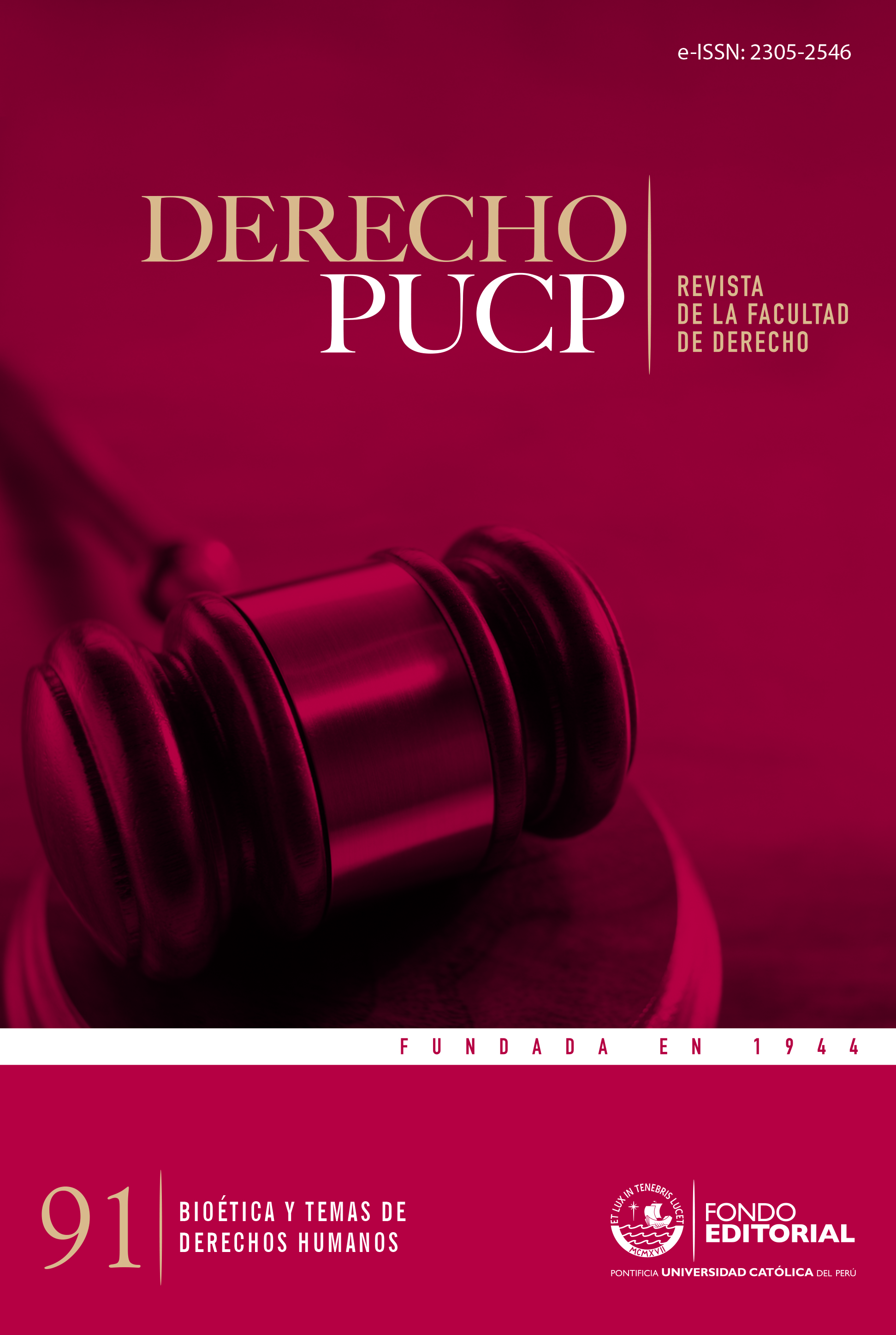Descripción de los riesgos y desafíos para la integridad académica de aplicaciones generativas de inteligencia artificial
DOI:
https://doi.org/10.18800/derechopucp.202302.007Palabras clave:
Integridad Académica, Inteligencia Artificial, Generación Automática de Texto, Chatbot, ChatGPTResumen
Este artículo analiza, desde una perspectiva descriptiva y como apertura de una línea de investigación, el impacto que las tecnologías de inteligencia artificial generativas (IAG) pueden representar para la integridad académica, materializado en la actividad docente y en los procesos de evaluación en la enseñanza universitaria del derecho. El artículo toma como premisa la definición de la integridad académica como un conjunto de valores y sostiene que de la IAG surgen una serie de riesgos que amenazan dichos valores, como la excesiva dependencia y confianza en la IAG, la irrealizabilidad del proyecto pedagógico y la pérdida de competitividad de las instituciones educativas, entre otros. Para minimizar o anular tales riesgos y, de esa forma, impedir que ellos se concreten en afectaciones a la integridad académica, se identifican cuatro medidas de mitigación para ser aplicadas en entornos universitarios.
Descargas
Publicado
Cómo citar
Número
Sección
Licencia
Derechos de autor 2023 Roberto Navarro-Dolmestch

Esta obra está bajo una licencia internacional Creative Commons Atribución 4.0.




